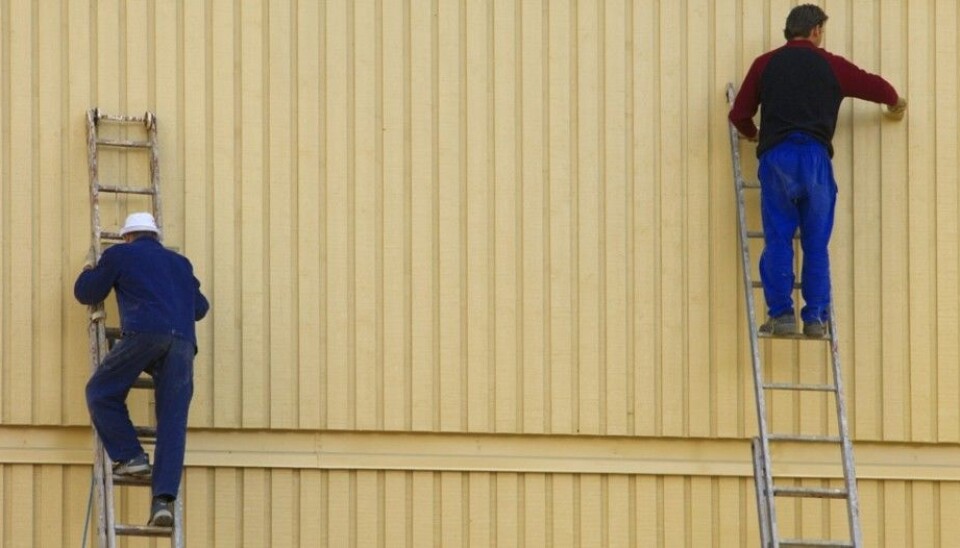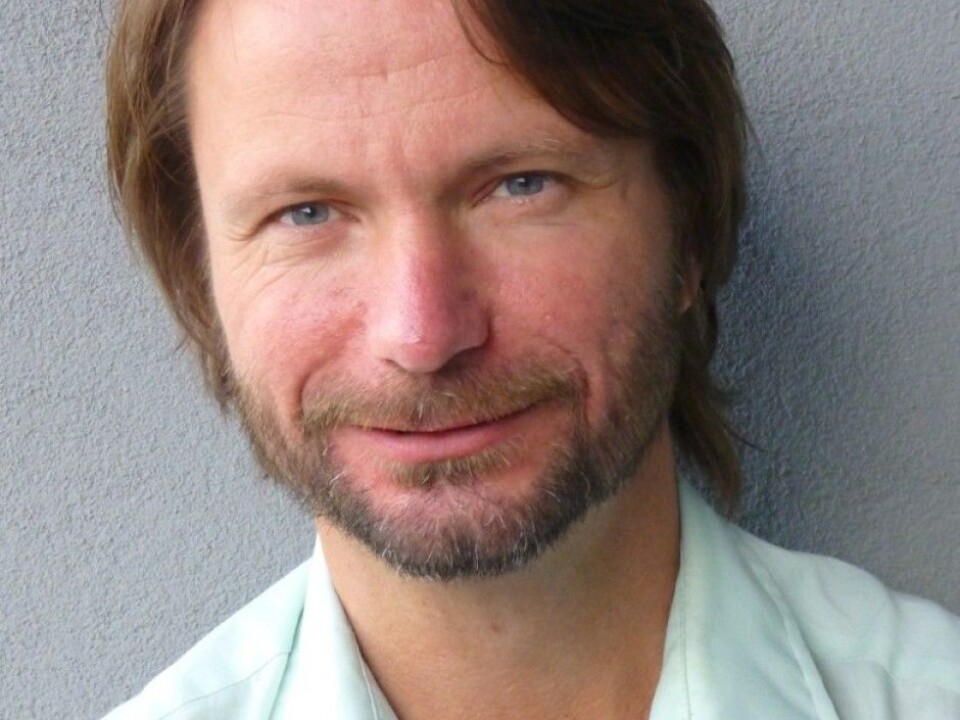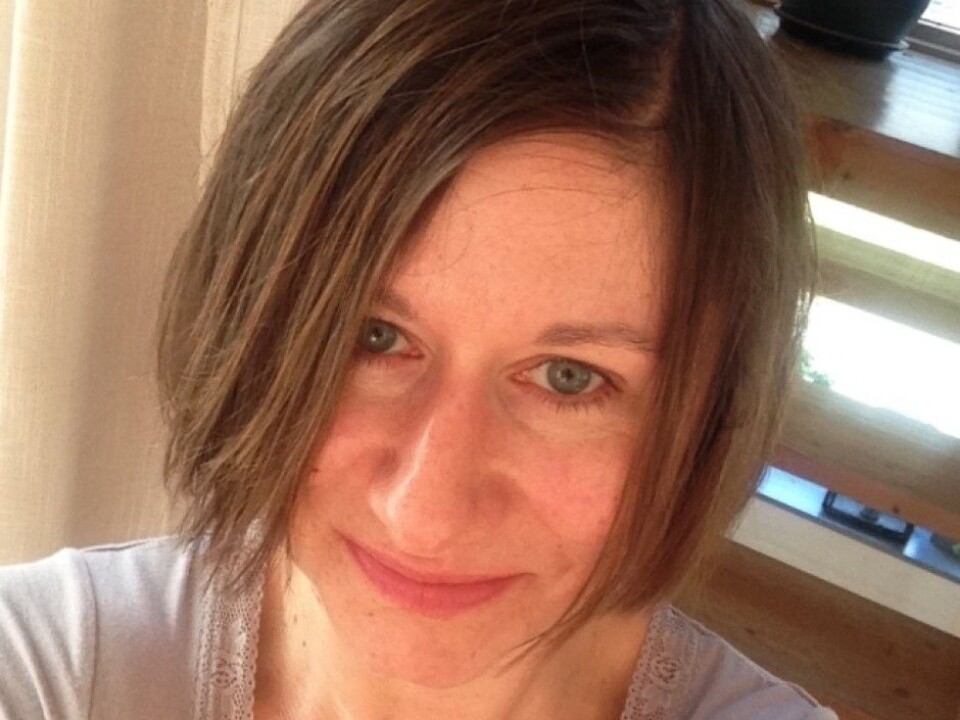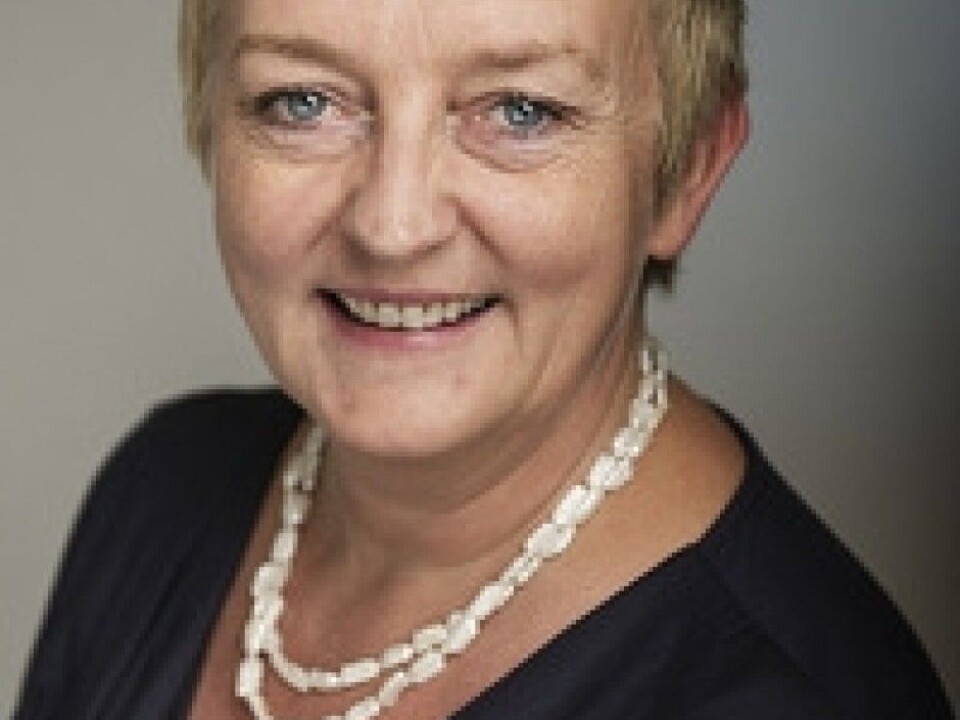
Many Polish immigrants create a “little Poland” in Norway
Food, culture and friends from the home country persist. Many Polish parents are also sceptical of the Norwegian school system.
Denne artikkelen er over ti år gammel og kan inneholde utdatert informasjon.
Poles are the largest immigrant group in Norway. You see them on the train, on the bus and on the streets, but you hardly regard them as immigrants. Rarely do any cultural differences result in conflicts with Norwegians.
But a new Polish-Norwegian research study suggests that Polish and Norwegian culture often collide. This is especially the case in schools.
Polish children end up at the centre of these collisions.
Parallels between earlier immigrants and Syrians
Around 100,000 Poles live in Norway, says Eugene Guribye at Agder Research. He leads part of the large research project TRANSFAM, which studies Polish families in Norway.

Guribye interviewed Polish refugees who came to southern Norway in the 1980s and Polish immigrant workers who came here after Poland joined the EU.
He sees a big difference between how the two groups have integrated into Norwegian society. Poles who came here in the 1980s - when the country was still ruled by the Communist Party - were welcomed with open arms.
“Poles who arrived in the 1980s were in need. People opened their homes for them. They organized benefit concerts and fundraising events that created strong bonds between Norwegians and Poles,” said Guribye.
He draws a parallel between the popular involvement of the Polish refugees at that time and the engagement of the Syrian refugees who came to Norway this fall.
Holding onto Polish identity

On the other hand, many Poles who’ve come to Norway in recent years live as if they are still in Poland, Guribye believes. They watch Polish TV, read Polish websites, and shop in Polish stores. They have mostly Polish friends, and are part of associations that celebrate Polish feasts. They often go to Poland and visit family.
And many of them also experience discrimination in Norwegian society.
Joanna Derdowska came to Norway with her parents at age 12, when Poland was under martial law in the 1980s. She thinks simply saying that Poles in Norway are poorly integrated is an overgeneralization. Certainly a good number are, but there are wide variations, she says.
Derdowska is not part of a Polish community in Norway. But as the head of adult education in Arendal municipality, she is familiar with the situation for many of the new immigrant workers.

She admits that she is a bit worried. “Polish immigrant workers have to pay for Norwegian language courses, and because of that many people opt out,” she says, “and this especially affects parents’ ability to interact with their children’s schools.”
The invisible children
Randi Wærdahl, a researcher at Agder Research and Oslo and Akershus University College is leading the part of the study that looked at how well the Polish children are integrated into the Norwegian school system. Researchers interviewed both teachers and Polish parents.
The researchers were struck by the fact that it’s almost impossible to identify Polish children in the schools. They’re not viewed as immigrants, and if they do have problems, the problems are not automatically attributed to the children’s cultural background.
Wærdahl stresses the importance of being aware that Polish immigrants in Norway are very different from each other. Yet cultural differences between some groups of Poles and Norwegians loom large, and this is particularly reflected in different attitudes toward school.
Afraid that children aren’t learning
Many Polish parents don’t understand the Norwegian school system. Some are simply worried that their children aren’t learning anything in school and will become idiots, Wærdahl says.
Whereas Norwegian schools focus on children learning social skills and on teachers as facilitators of learning, Poles stress the acquisition of knowledge. In Poland, students spend more time listening to the teacher, and teachers enjoy greater respect.
Many Polish parents fear that the Norwegian upbringing, which cultivates students’ critical sense, will make their children Norwegian and unruly. Polish parents also think it is pointless that children do not receive grades in primary school, says Wærdahl.
Extracurricular recreational activities also constitute a big part of children’s social time, but many Polish children do not participate. Norwegian teachers worry that Polish parents’ lack of support for these activities make it harder for their children to integrate into the social environment.
According to Wærdahl, far fewer people in Poland participate in sports just for recreation than do in Norway. Children often participate only in activities they can become the best in, which is a mindset that is unknown in Norway.
Broad mistrust of government
The researchers would have liked to observe and interview Polish children for the project, but their parents did not grant that permission. Interviews with Polish parents in Norway were obtained with the help of Polish colleagues and contracted Polish researchers.
Wærdahl interprets the scepticism that researchers met as an expression of the fundamental mistrust many Poles have of the government and perhaps also of Norwegian society generally.
She says many Polish parents fear Norwegian child welfare services, because they hear stories that there is zero tolerance for physical punishment. If they handle their children a bit roughly, they believe their children will be taken from them.
“We need to deal with this for the children's sake,” says Wærdahl. They face challenging cross-pressures between parents and school.
The seriousness of these issues has led researchers to seek out solutions. They propose to publish a brochure for Polish parents that explains the silent curriculum in Norwegian society.
Strengthen language skills to build understanding
Derdowska is not surprised at what the researchers have found. She believes this revolves around not understanding systems, which in turn stems from many Poles not knowing Norwegian. “It’s perfectly possible to live a life in Norway without being able to speak Norwegian. There are Polish sites that inform about Norwegian welfare schemes, for example,” she says.
She believes that many of these sites are spreading some rumours, such as about the Norwegian child welfare system.
“Language isn’t just communication. It’s also about understanding the social milieu around us. That’s why it’s essential that those who live in this country learn the language.”
Derdowska believes that the Norwegian government should consider free Norwegian language courses for Polish immigrants. “It will improve the opportunities for integration, she says.
-------------------------------------
Read the Norwegian version of this article at forskning.no



































